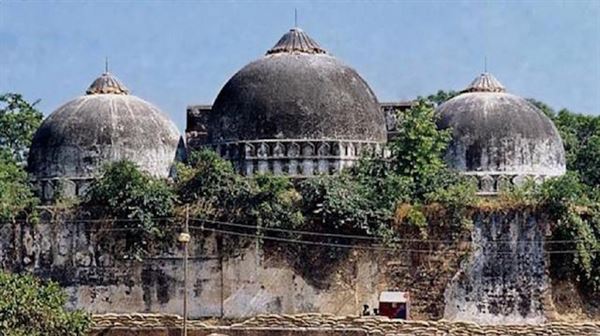A Supreme Court case in India centered on a 500-year-old mosque is one of the most important cases in the world, a top Indian judge said on Thursday.
A Supreme Court case in India centered on a 500-year-old mosque is one of the most important cases in the world, a top Indian judge said on Thursday.
Amid a 40-day marathon hearing in the Indian Supreme Court on a dispute concerning the 16th century Muslim Babri Mosque and Hindu Ram Temple in the town of Ayodhya, Justice S A Bobde told New Delhi Television (NDTV): “Ayodhya is definitely important. It is one of the most important cases in the world.”
Bobde will take over from Justice Ranjan Gogoi as the Chief Justice of India next month to serve 17 months in the position.
He is part of a five-judge bench that will deliver a verdict on Oct.16 about the politically sensitive dispute, the second longest in the court’s history.
Chief Justice Ranjan Gogoi is set to retire on Nov. 17 and will deliver a judgment on the case before that date.
Babri Mosque
In 1885, a Hindu religious body asked a court for permission to construct a temple to honor the Hindu deity Ram inside the premises of the Babri Mosque, said to have been built by Mughal Emperor Babur in 1526. Permission was denied.
In 1949, a group of Hindus entered the mosque premises and installed an idol of Ram there. Declaring the area disputed land, the government placed the premises under lockdown, with the idol remaining inside with one official and one Hindu appointed as stewards of grounds.
In 1986, the local Faizabad administration opened the premises to Hindus, allowing them to carry out their rituals.
In December 1992, thousands of activists from extremist Hindu groups and political parties along with BJP leaders entered the mosque and demolished it, erecting a Hindu temple in its place.
Leading to riots and thousands of deaths, the dispute has been languishing in India’s legal system for years with no final outcome in sight.
